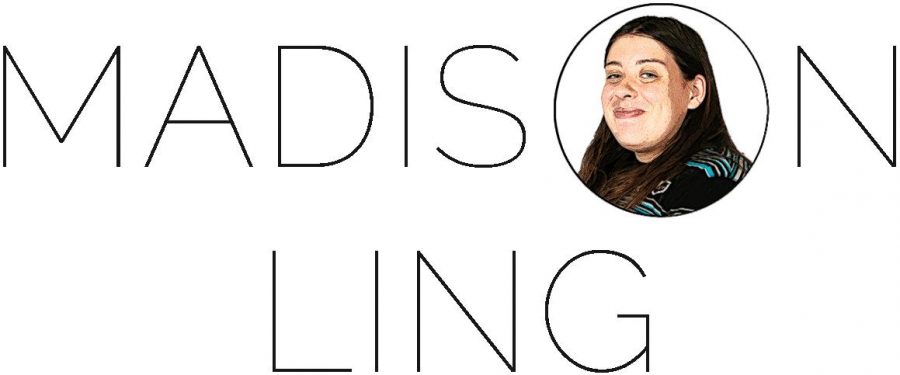Healing the American medical system
October 22, 2019
For many years, the United States’ health care system has been a subject of scrutiny. Many say it’s “broken” due to its increasing waitlist that it’s too selective about what services will and will not be covered and finally that it doesn’t seem to care for underprivileged populations. However, what many might be unaware of is that implementing universal health care will ensure that the aforementioned can and will still occur.
According to the National Institute of Health (NIH), wait lists in countries with a socialized system are common and on average will have a deferment period of up to 13 weeks. This isn’t only an absurd delay, but it will also endanger the patient in question.
Consider if this hypothetical person was diagnosed with appendicitis, a common medical emergency for adolescents ages 10 to 19. In this instance, the person or rather a vulnerable child, is taken into surgery immediately to prevent what is known as Peritonitis. According to the Mayo Clinic, this is an inflammation of the abdominal wall due to the rupturing of the appendix. This situation can lead to mass infection and even death in an astonishingly short amount of time. Logically speaking, any person in this situation cannot and should not wait that long for medical care, especially not at the discretion of someone who lacks the knowledge surrounding their diagnosis.
Secondly, many believe that the copays that Americans pay for diagnostics, prescriptions and other additional medical supplies are unnecessary. However, it must be discussed that this situation is eerily similar in other countries. According to the Commonwealth Fund, nearly two-thirds of Canadian citizens hold a private, secondary insurance plan to cover excluded services like dental care, vision and physical therapy. These sub-levels of health care are not considered medically necessary by the countries that support universal health care. Therefore, the question is no longer about if health care should be universal, but rather what aspects qualify as such.
To this inquiry, we must consider this: Who should determine necessity?
There is much criticism toward our health care system in regard to the underprivileged. What must be realized is that per The Emergency Medical Treatment and Labor Act of 1983, it’s illegal in the United States to deny medical care based on insurance status and the ability to pay. For those that don’t qualify as a medical emergency are covered by other welfare programs like Medicaid that protect people with low income and/or disabilities. According to Medicaid’s 2019 Enrollment Report, 65.5 million people are and will continue to be insured as long as there is a necessity.
Similar to many of our neighboring nations, our medical system is faulty. Yet, at the end of the day we must realize that so long as we’re all human, nothing can or will be perfect. All we can continue to do is improve and work toward a less drastic solution as reforming the values in which our country was founded on, the freedom to make our own choices.









